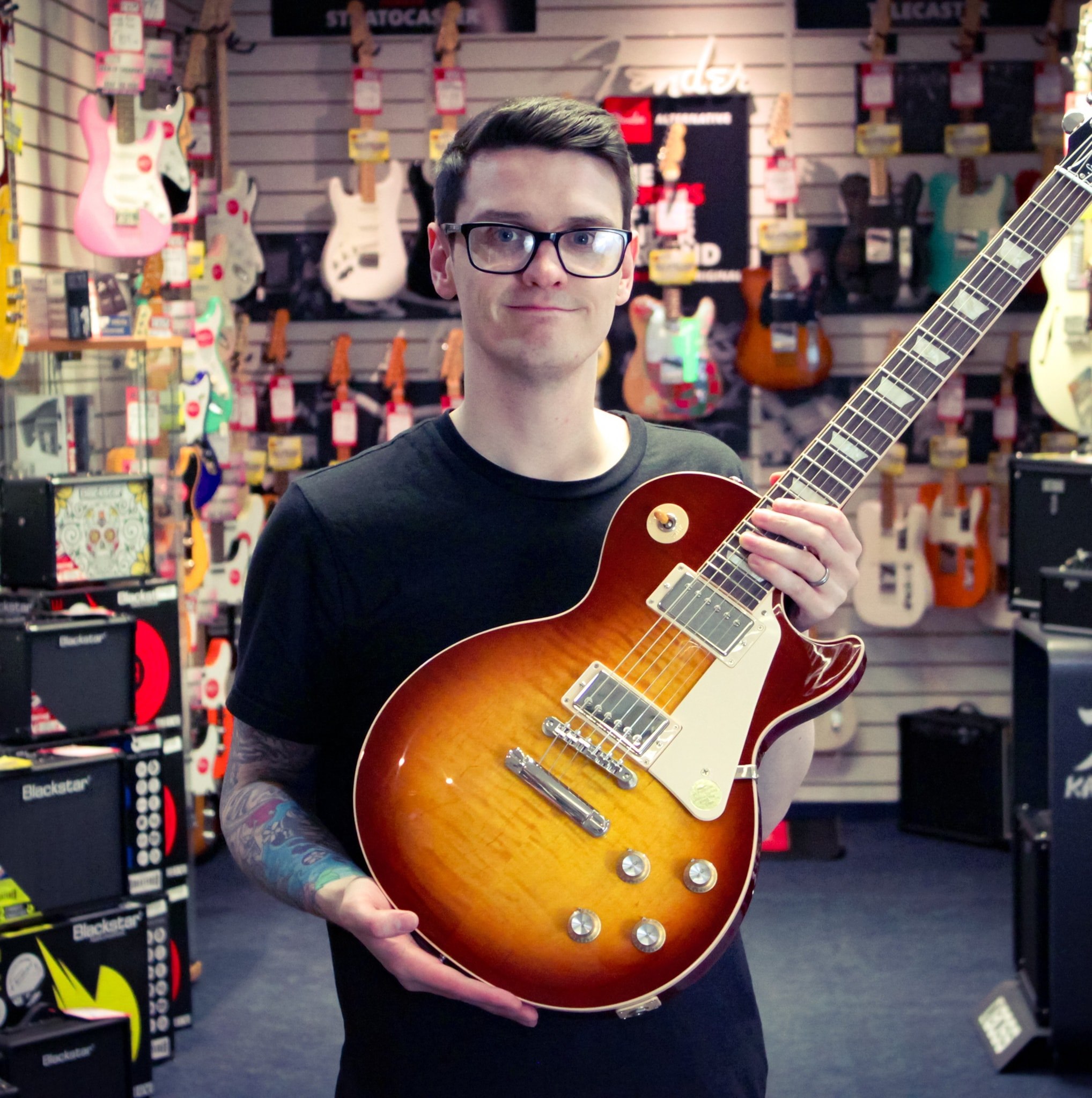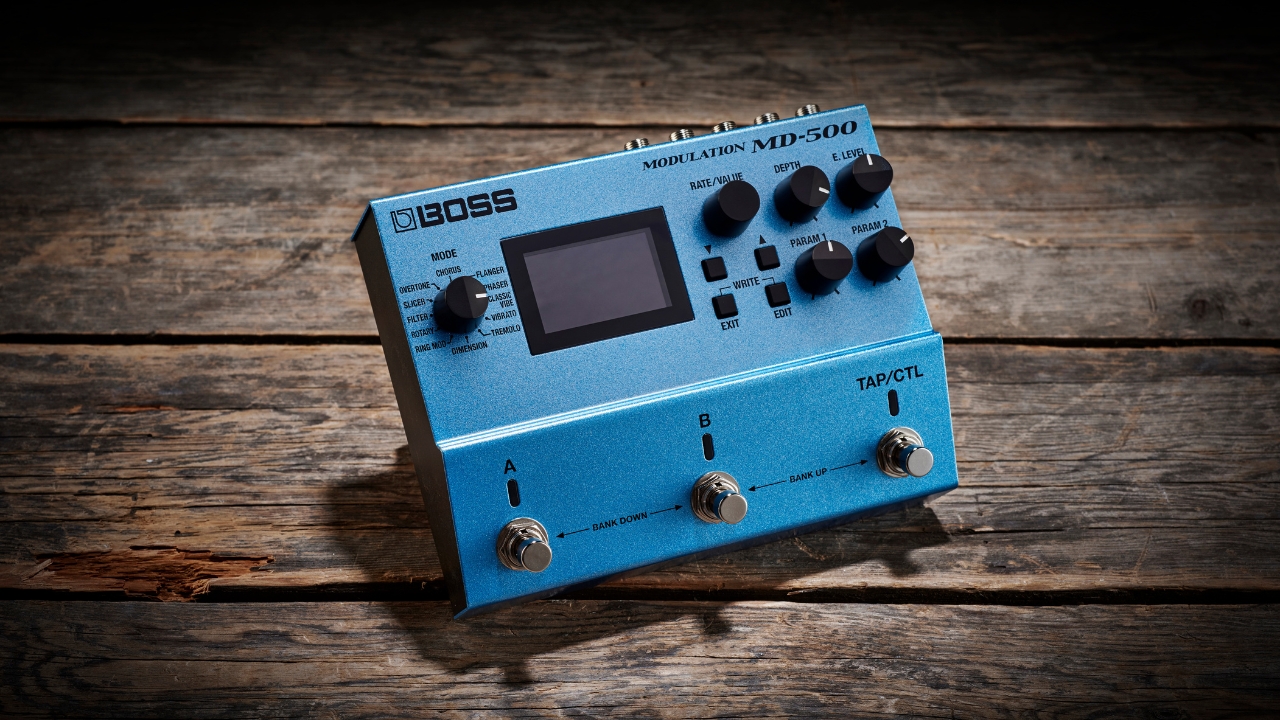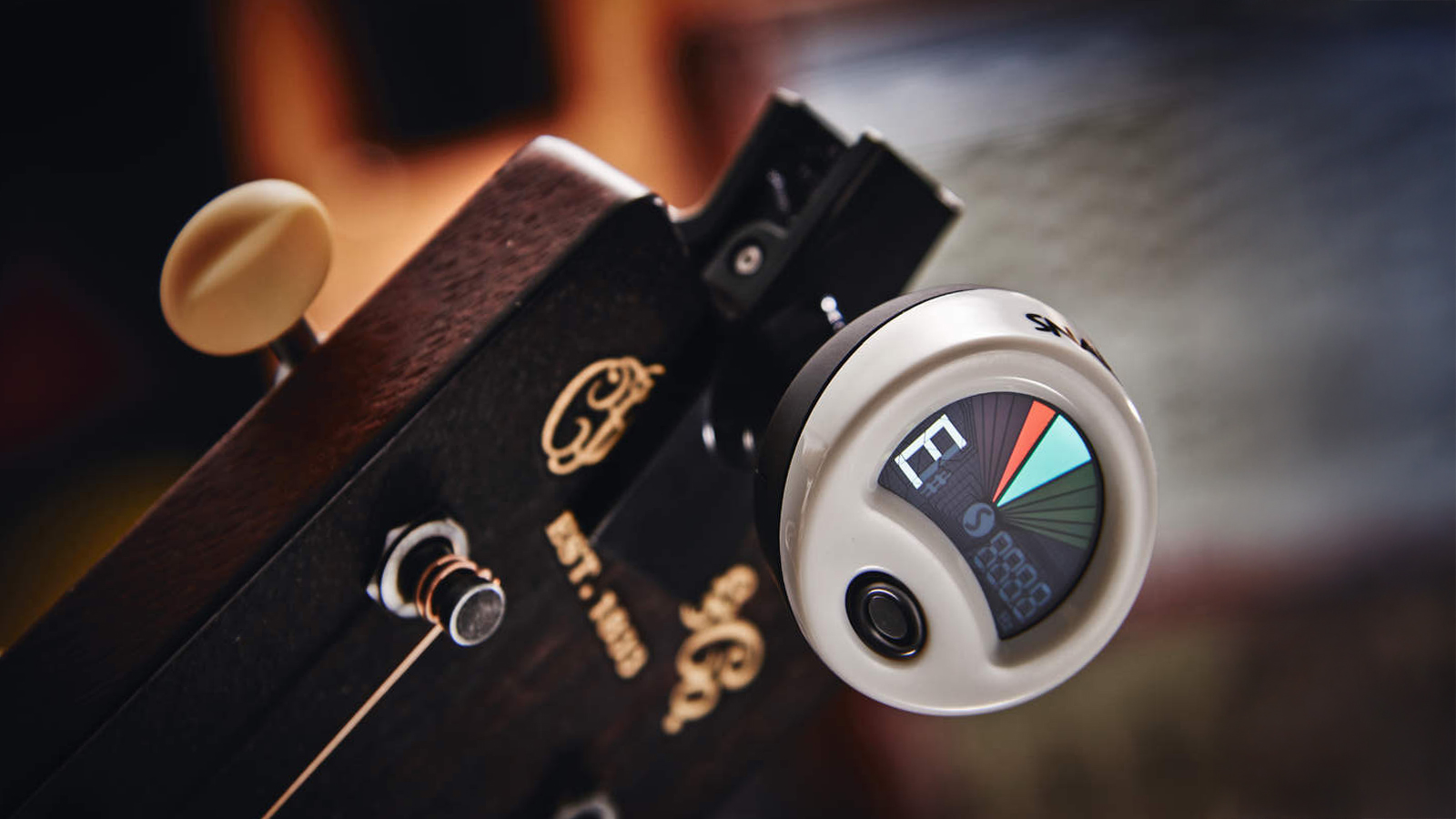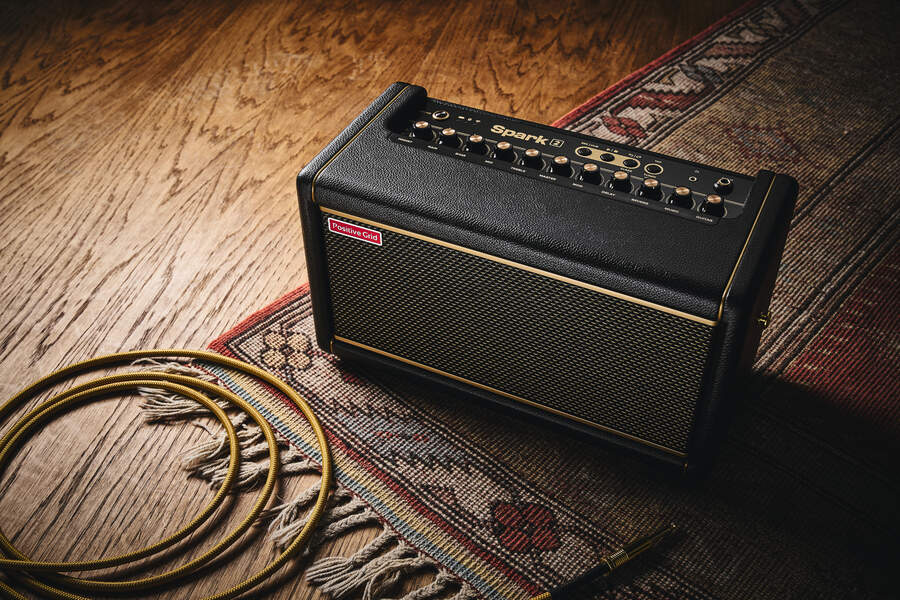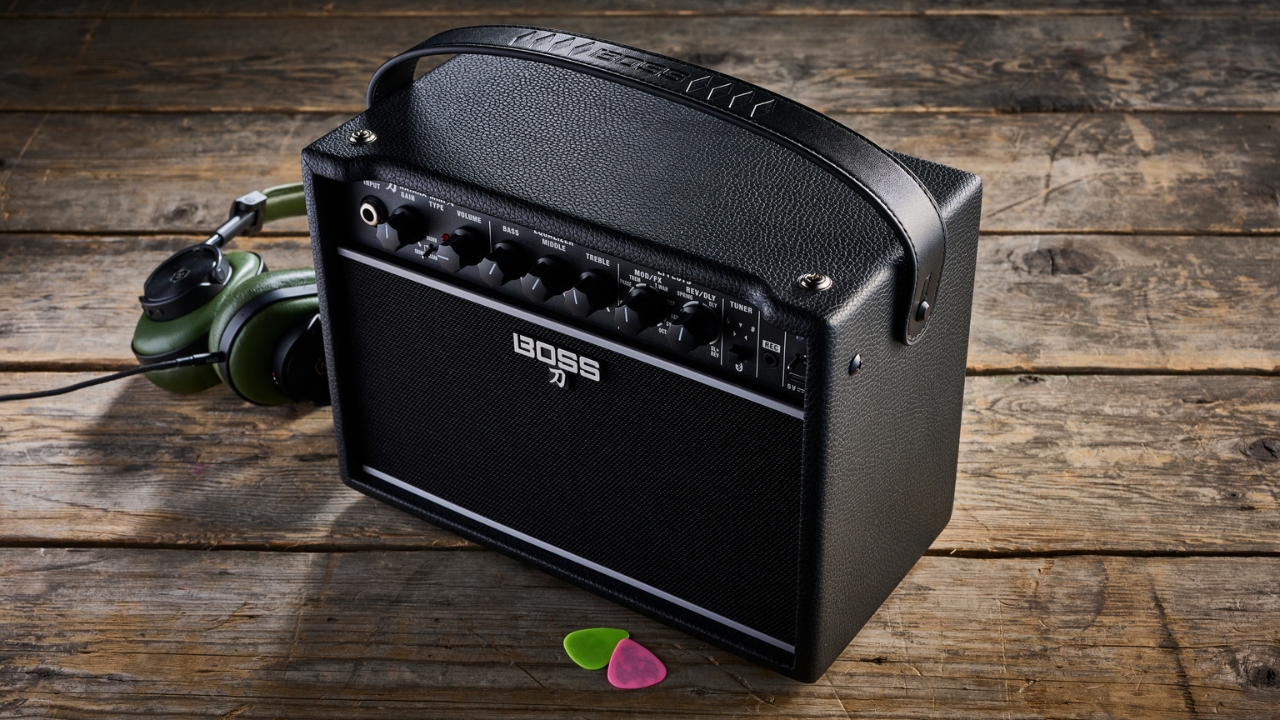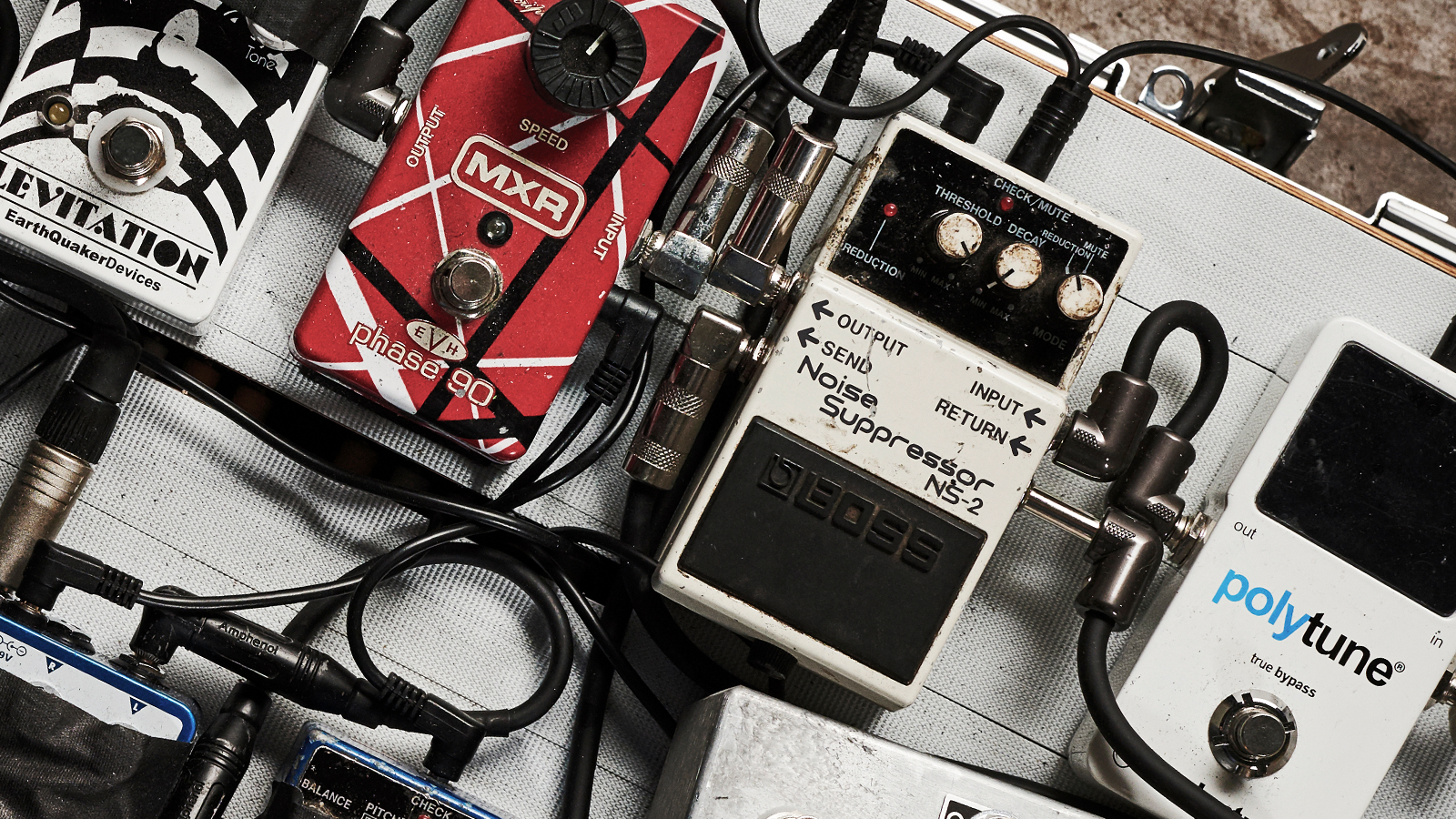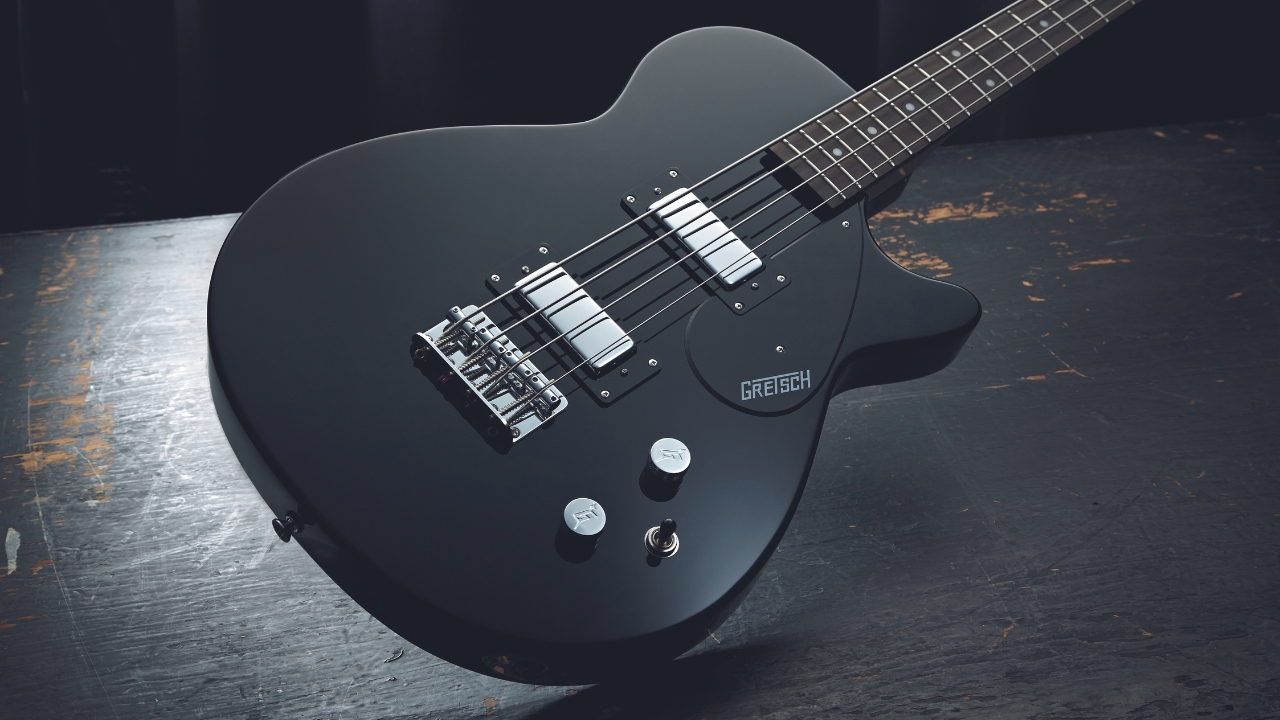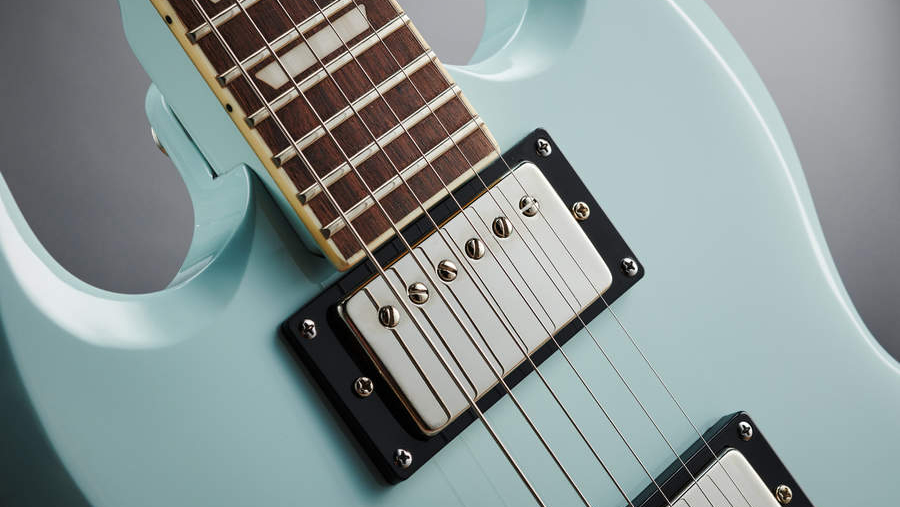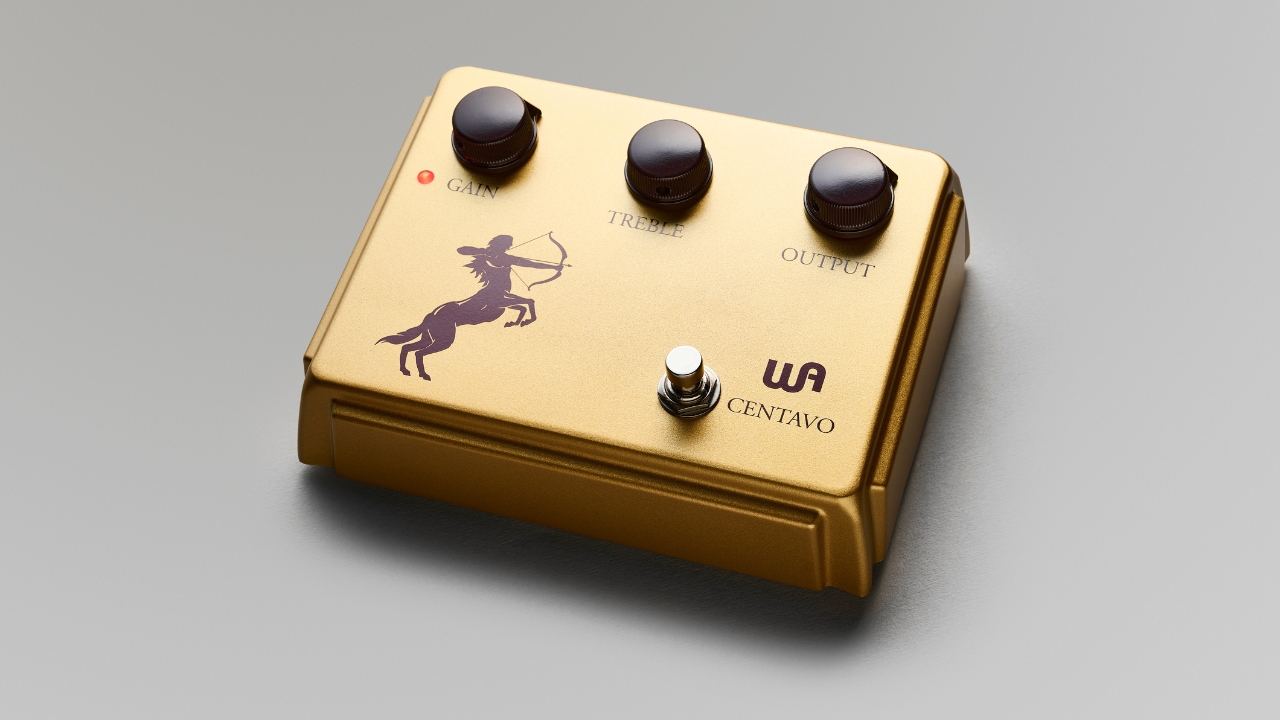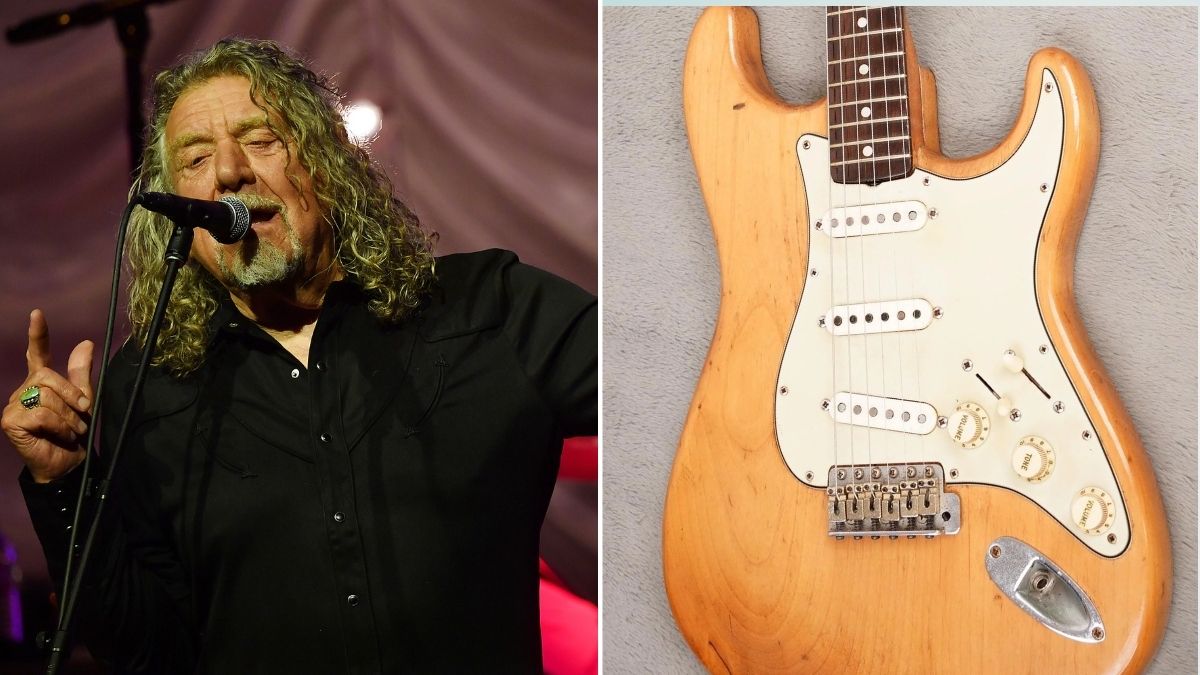Best PRS Guitars 2025: Our Top Pick Of The Finest Guitars From Paul Reed Smith
From the iconic Custom 24 and top-of-the-range signature guitars to budget-friendly SE models, we have everything covered
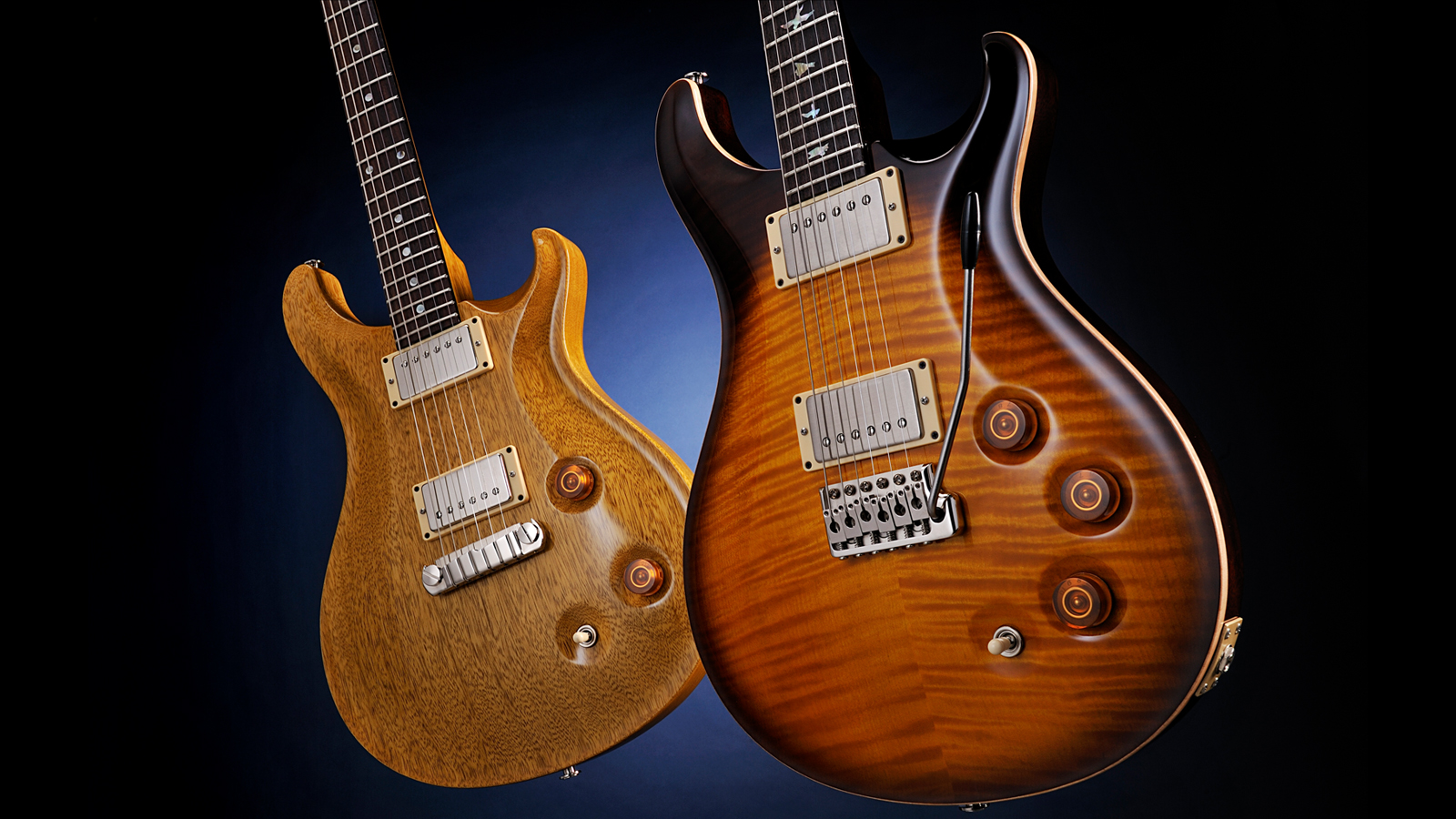
Ever since they burst onto the scene in the mid-80s, Paul Reed Smith guitars have been revered for their high-fidelity sound, eye-catching finishes, superb playability and excellent build quality. They’re the first choice for many professionals around the world. However, given that they make such a wide range of instruments suited to all budgets, the best PRS guitars are within reach for many beginners, too.
The sheer amount on offer can make your head spin, but don’t worry, Guitar Player has you covered with this in-depth guide to the finest PRS guitars available right now. No matter your playing style or musical leaning, you'll be sure to find your next guitar among this list of versatile beauties.
We have modern classics that will rock your world, resonant acoustics that spring alive in your hands, semi-hollow guitars that will cure the blues, and signature guitars to help you achieve the tone of living legends. So, without further ado, let's jump into the best PRS guitars on the market right now.
Best PRS Guitars Amps: Guitar Player’s Choice
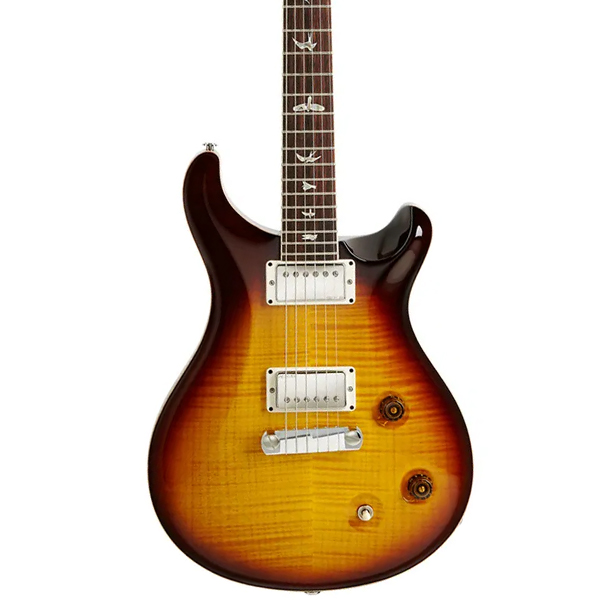
If money is no object, then we'd have to go for the PRS McCarty. It combines the best of both modern and traditional, delivering a proper player's guitar that excels in a variety of styles. It's got a thicker-than-normal Mahogany body, with a pair of pickups that deliver powerful tones well suited to any genre of music.
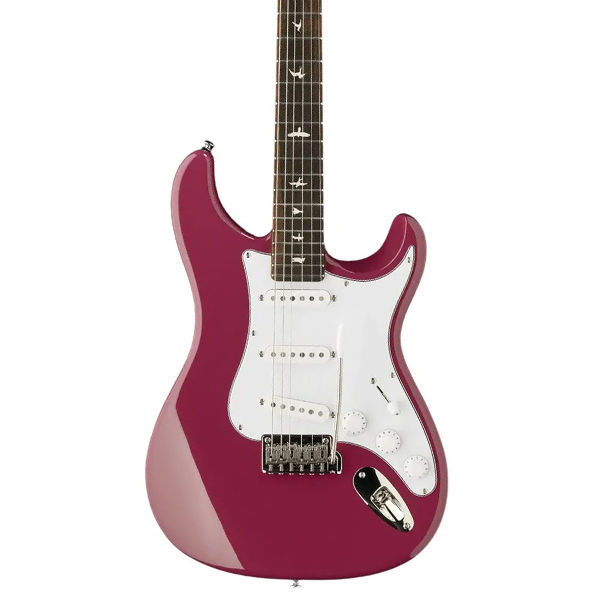
If you haven't got a couple of thousand in your back pocket, then the PRS SE Silver Sky offers some serious bang for those with fewer bucks. Based on one of the most controversial guitar releases of the past few decades, this S-type guitar gives you that characteristic spank and treble bite, without the hefty price tag.
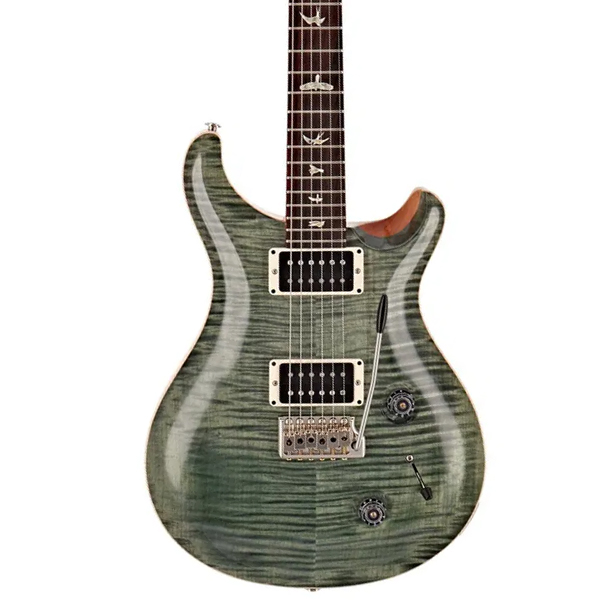
Favored by session players for combining the best elements from Fender and Gibson, this modern classic is sure to get any job done. The 25" scale length neck is set into a mahogany body, with a maple top, which is adorned with a Strat-style tremolo system.
Best overall
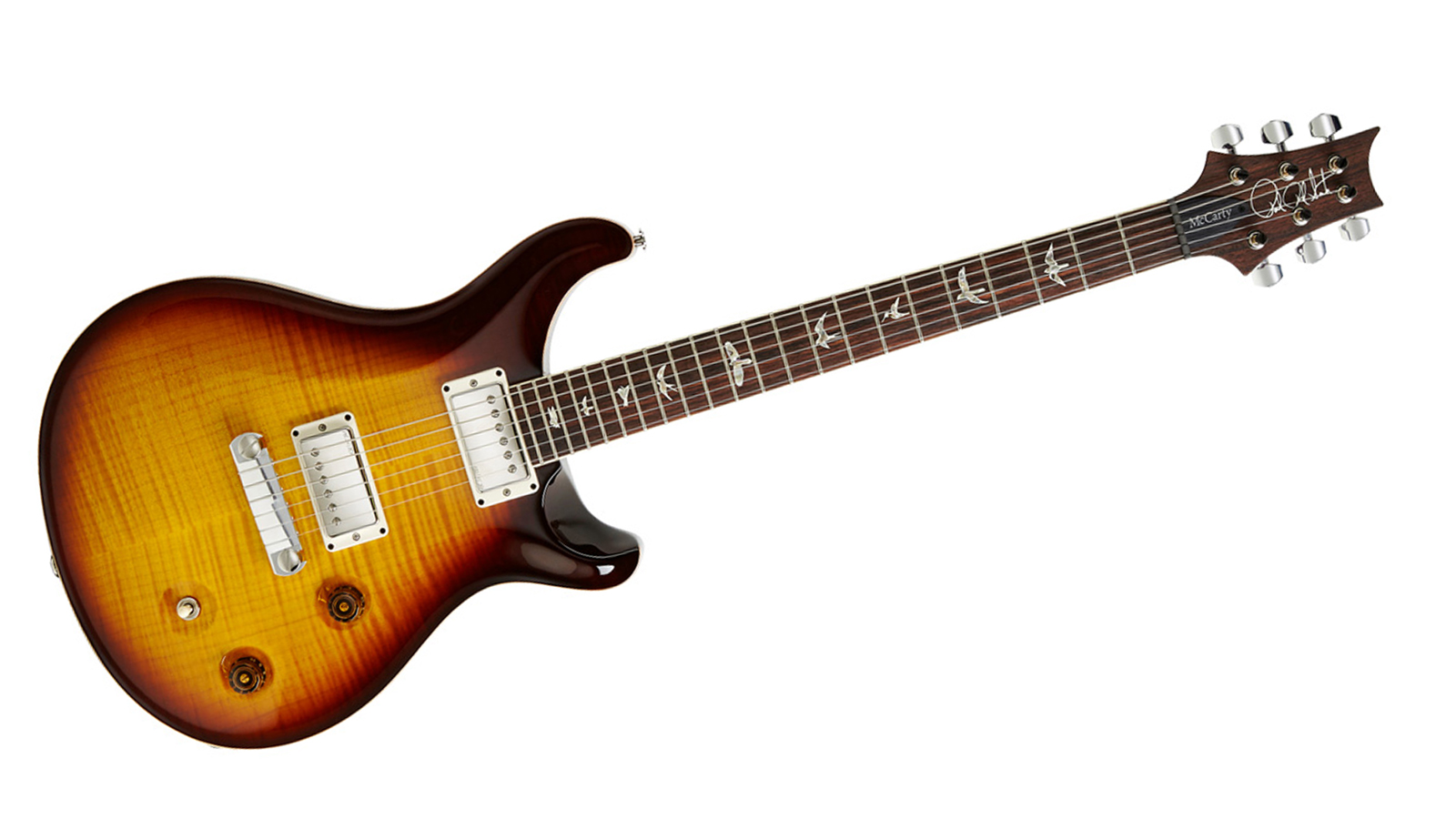
1. PRS McCarty
Our expert review:
Specifications
Reasons to buy
Reasons to avoid
Anyone who loves guitars knows the name Ted McCarty. The former president of Gibson guitars has had a hand in not only shaping rock and roll but music as a whole. Ted became somewhat of a mentor to a young Paul Reed Smith, consulting on various guitar designs. In 1994 PRS would release a guitar to honor their now friend Ted, and the McCarty model was born.
This guitar perfectly blends the modern, forward-thinking PRS with the vintage style and sensibilities of the golden age of guitars. This beautiful instrument features a slightly thicker than usual mahogany body, with a carved figured maple top - not too dissimilar to a Gibson Les Paul - while the Pattern neck profile is based on the original neck Paul designed before PRS officially began.
At the heart of this guitar are the 58/15 pickups. These deliver bags of retro tone that will cut through the densest of mixes. The addition of a push/pull tone control adds another modern flair to this guitar, making it even more versatile.
Best single coil
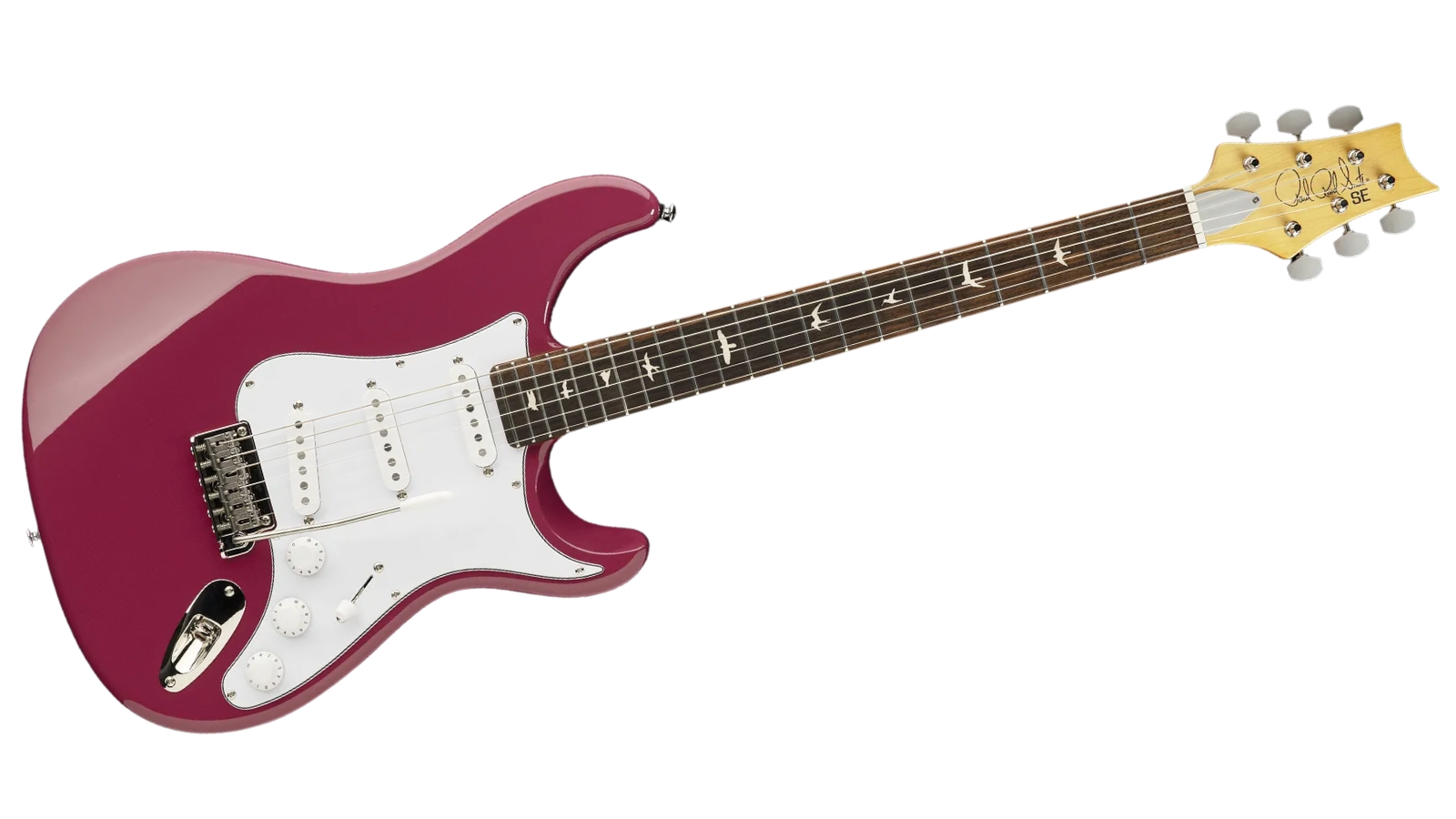
Specifications
Reasons to buy
Reasons to avoid
It’s the one the world was waiting for, an affordable version of the most controversial PRS guitar ever, finally with us. John and Paul’s Fender-inspired S-shape certainly divided opinion back in 2018, but for many, the most pressing question was, ‘when are we going to see an affordable SE version?’
The biggest change is the body material, which is now Poplar rather than Alder. However, we don’t notice any significant difference in voicing, this is a guitar that still has that characteristic S-shape tone in spades, whatever the tonewood. It’s a similar tonal story with the rest of the build. It's 635JM “S” pickups aren’t quite the same as the 635JM pups in the pricier Silver Sky, but they’re darned close. To our ears, the original versions boast a touch more clarity, but that’s about it.
The other changes are also subtle – the locking tuners are gone, the nut is synthetic, the finish is poly rather than nitro, the fingerboard radius is slightly different, and so on – but so what? None of them detract from the sound or authenticity of this guitar. At this price, the SE Silver Sky is not just a good deal, it’s still very much the real deal.
Most versatile
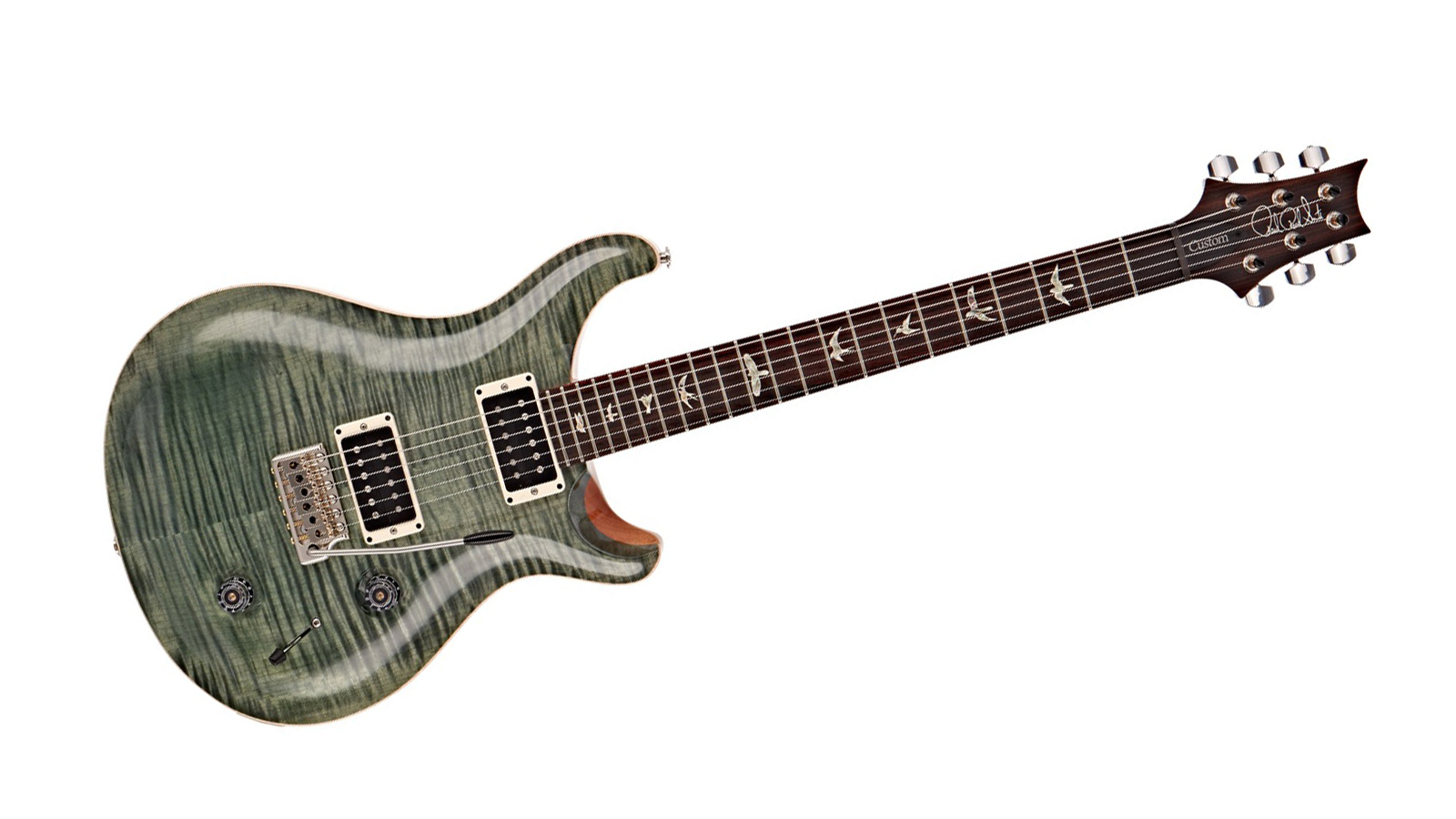
3. PRS Custom 24
Our expert review:
Specifications
Reasons to buy
Reasons to avoid
If you were to ask 100 guitar players to name a PRS model, at the top of the board, without a shadow of a doubt, would be the Custom 24. This is hardly surprising since it was the guitar that kicked off PRS, making its debut at the '85 NAMM show.
Favored by session players for combining the best elements from Fender and Gibson, this modern classic is sure to get any job done. The 25" scale length neck is set into a mahogany body, with a maple top, which is adorned with a Strat-style tremolo system. The 85/15 humbucking pickups offer superb clarity, while the five-position switch allows you to access Strat-style tones at the drop of a hat.
This is a Swiss army knife of a guitar and can easily jump from soulful blues to hi-gain metal and everything in between.
Best bolt-on neck
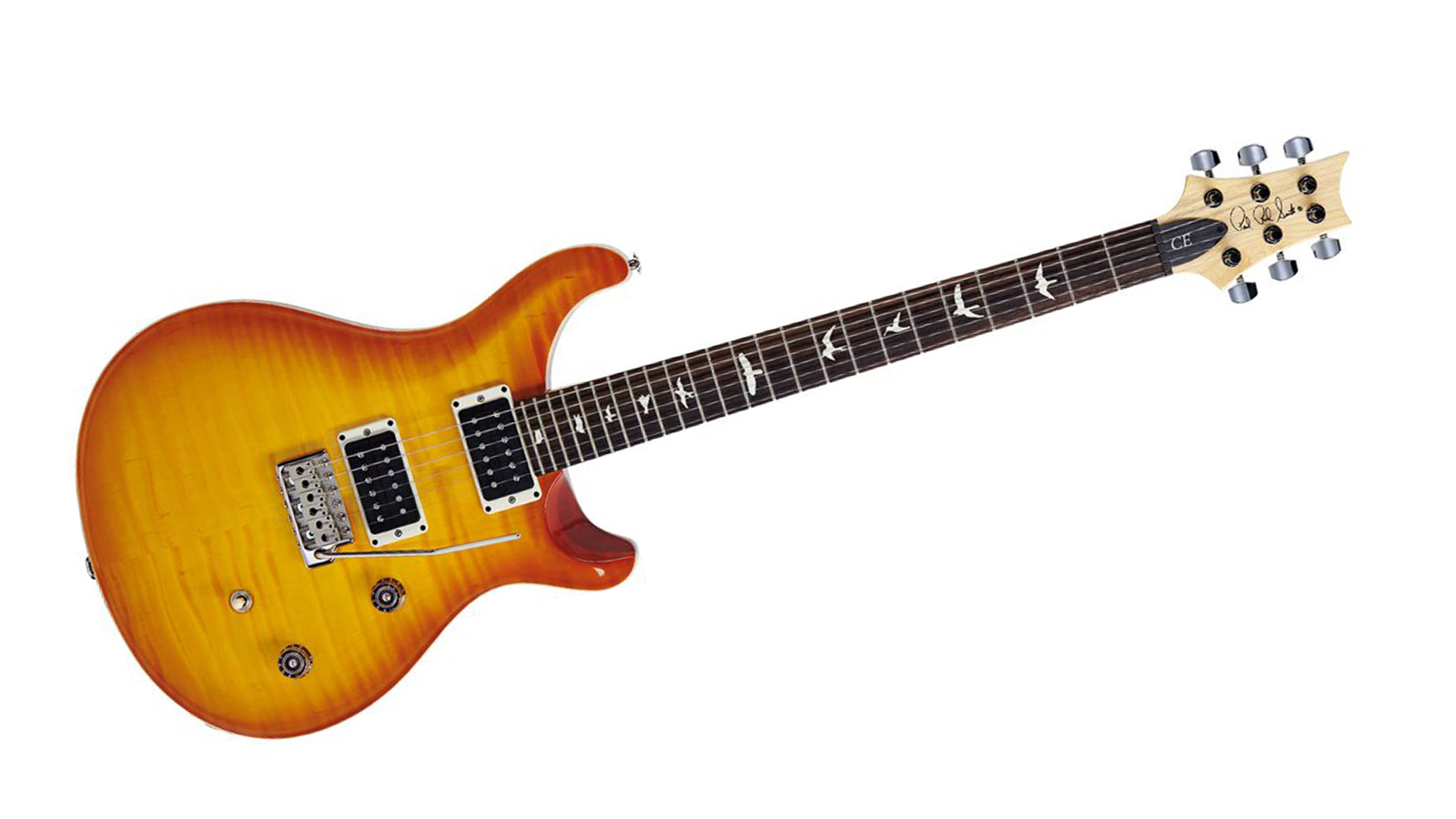
4. PRS CE24
Our expert review:
Specifications
Reasons to buy
Reasons to avoid
If the original Custom 24 blurs the lines between Fender and Gibson, then the CE24 takes it a step further. This version of the famous Custom 24 sports a bolt-on maple neck, giving this guitar a completely different feel and tonal character.
CE stands for Classic Electric and we have to say, it certainly lives up to its name. The neck feels familiar but exciting at the same time. The satin finish is incredibly smooth, and Pattern Thin profile is sure to fit in any player's hands.
So, if you're looking for the classic PRS look but fancy something a little different, then the CE24 is definitely worth checking out.
Best acoustic
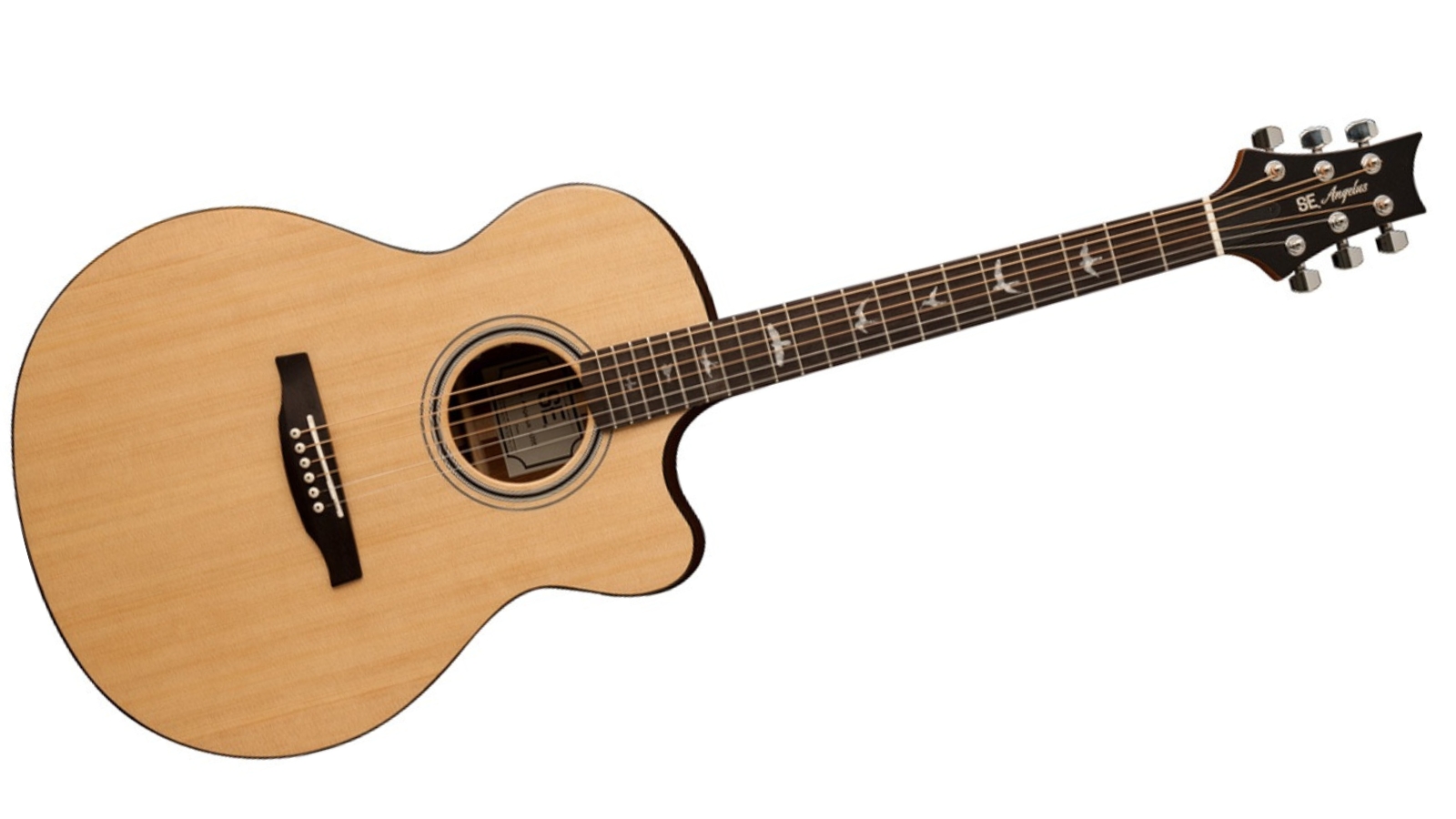
5. PRS SE A20E
Our expert review:
Specifications
Reasons to buy
Reasons to avoid
The SE A20E, which is new for 2022, is the all-mahogany version of PRS’ Angelus mid-sized acoustic. The Mahogany imparts a subtle warmth, which adds richness to the bass while slightly taming the high end. Moreover, it thickens up the mids, making the SE A20E a guitar with some serious mid-range punch.
Its amplified sound comes courtesy of a Fishman Sonitone Pickup system that’s been uniquely custom-voiced by Paul and the Fishman team to sound as close to a natural guitar tone as they could get. Just the same, the preamp, which is stowed discreetly inside the top of the soundhole, has tone and volume controls that enable you to tweak the EQ to your heart’s content.
The SE A20E is a very dapper acoustic, all dressed up with fine accouterments such as a bone saddle, ebony bridge and fretboard, bird inlays, cream bindings, herringbone purflings, and a handsome black top. With Paul’s signature on the headstock, you’d think it would be priced way out of reach, but it’s actually surprisingly affordable.
Best for shred
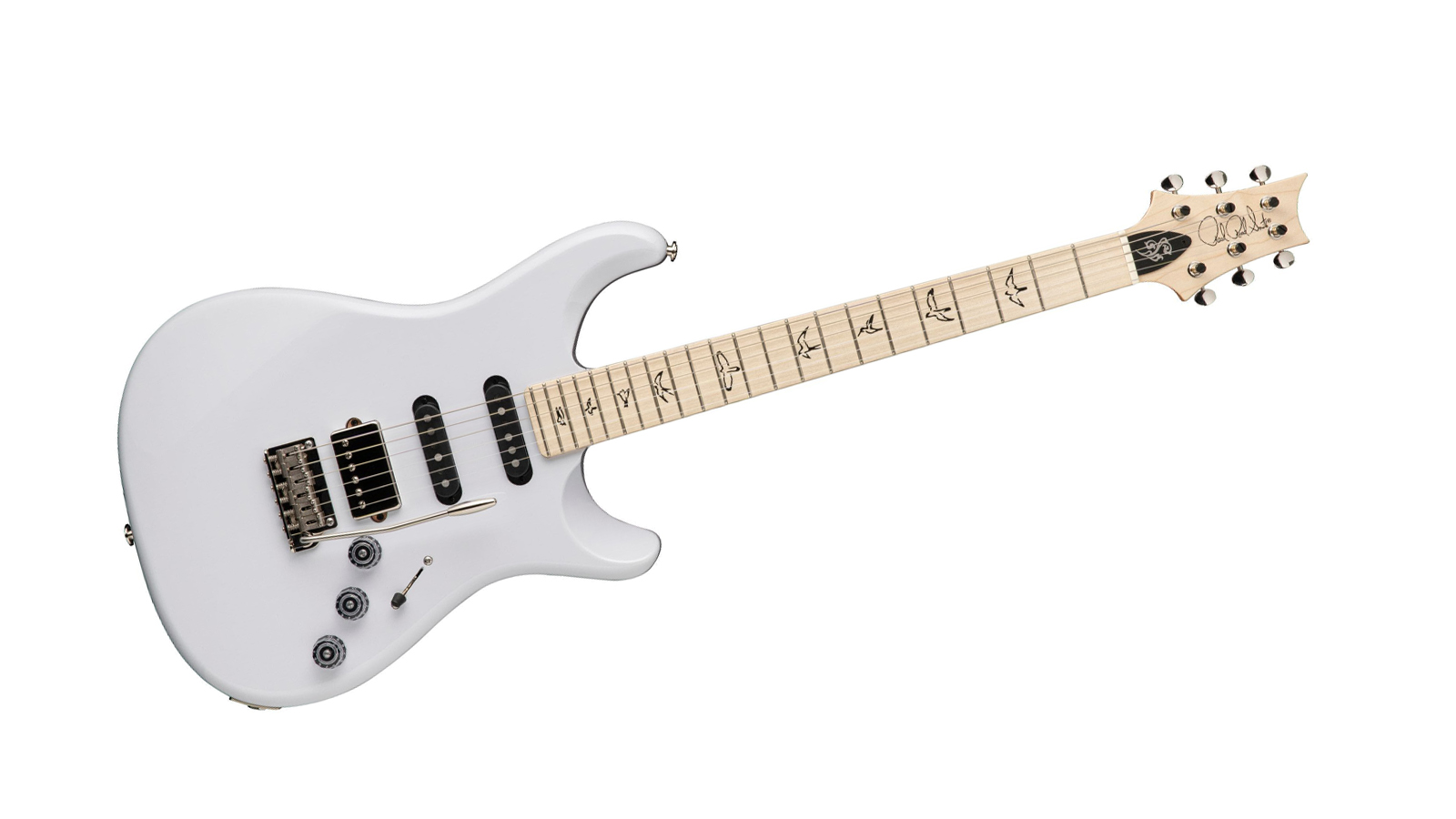
6. PRS Fiore Mark Lettieri
Our expert review:
Specifications
Reasons to buy
Reasons to avoid
Mark Lettieri isn't exactly a household name, but that hasn't stopped PRS from issuing him a rather stunning signature guitar. Drawing inspiration from the super-strat style guitars of the 80s and blending it seamlessly with the artistic stylings of PRS, this guitar is quite something to behold.
This distinctive guitar strays pretty far from the usual specs you'd expect from Paul Reed Smith. The first of which - and biggest departure - is the inclusion of a swamp ash body. Lettieri has stated that swamp ash is "just kinda my sound" and therefore needed to have that design element in his signature axe. This beautiful body is paired with a 25.5" scale length maple neck with outlined bird inlays and a custom flower truss rod cover.
Integral to the sound of the Fiore is the HSS pickup configuration. These pickups have been designed purely for this guitar, with dynamics and maximum expression in mind. The bridge humbucker is wound for power and punch, whereas the single coils are extremely responsive and articulate. The Fiore is available in three district finish options, with the white - or Sugar Moon as PRS calls it - definitely speaking to us the most.
Best semi-hallow
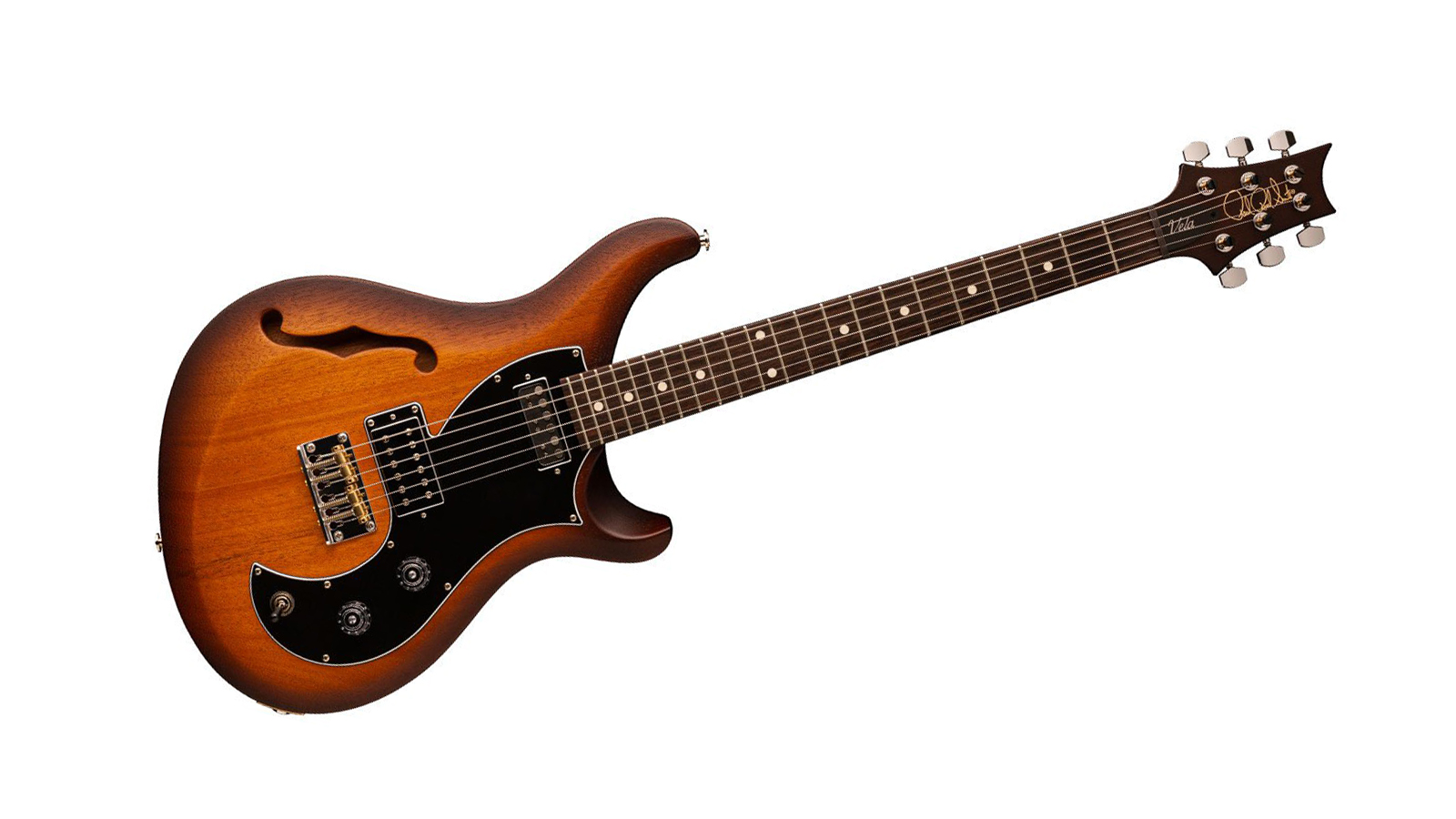
7. PRS S2 Vela Semi-Hollow
Our expert review:
Specifications
Reasons to buy
Reasons to avoid
Next up is a semi-hollow offset guitar with bags of personality - and the first from the S2 range to be featured in this guide - the PRS S2 Vela Semi-Hollow. For those who aren't familiar, the S2 range is a collection of guitars that take a back-to-basics approach, opting for a more straightforward design.
The Vela is a little more basic when compared to the likes of the Custom 24. Although the flamboyant flamed maple top, iconic bird inlays and intricate tremolo system are absent, this quirky guitar still shares a lot of the DNA that makes it a Paul Reed Smith instrument.
The sleek curves and effortless playability means this is unmistakably a PRS, while the brass saddle T-type bridge and Type-D Singlecoil pickup bring something new to the table.
Best value
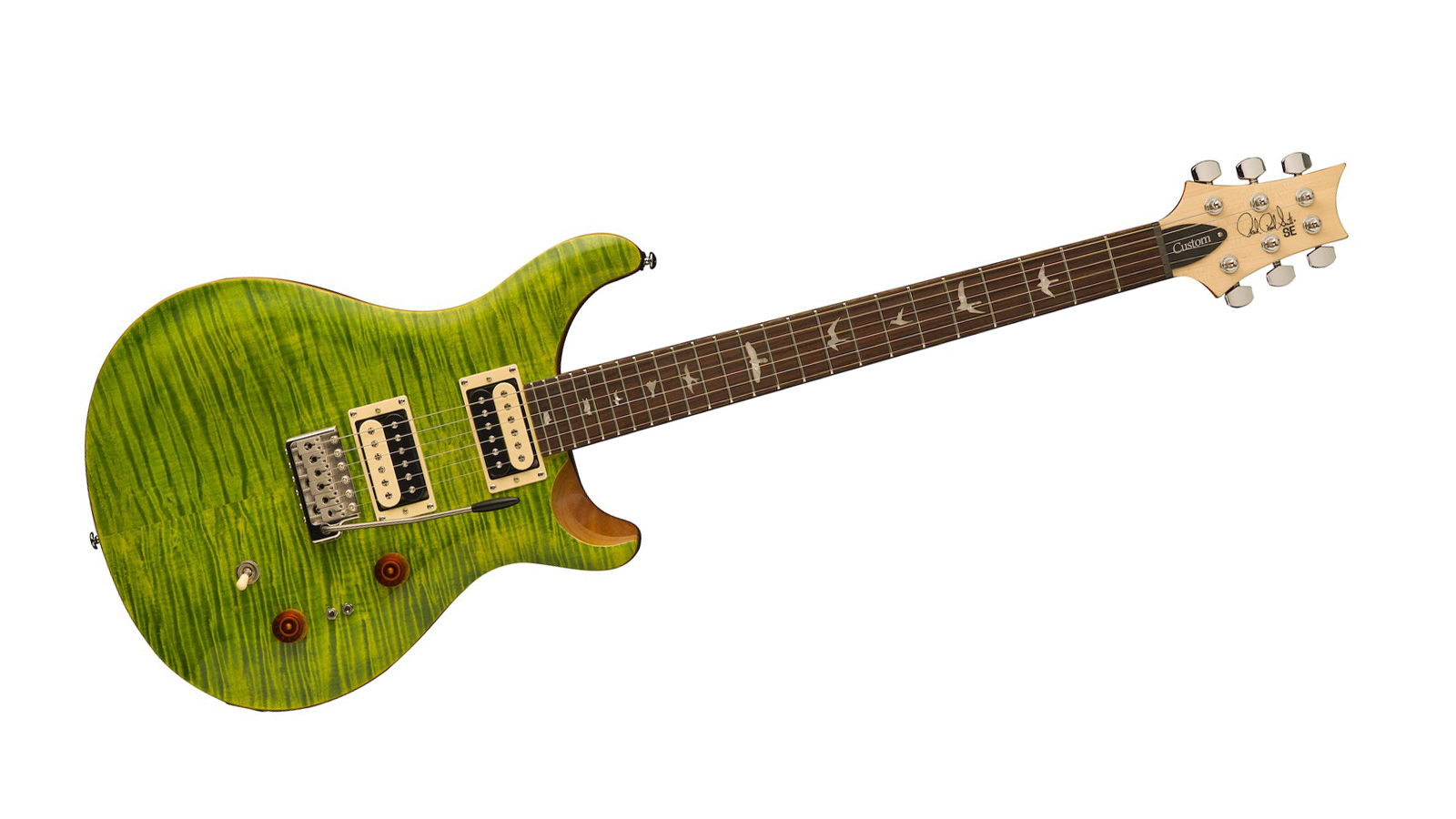
8. PRS SE Custom 24
Our expert review:
Specifications
Reasons to buy
Reasons to avoid
The PRS SE range has a devoted following all of its own, and that is in no small part, down to the sheer attention to detail seen in these wallet-friendly options. Arguably the most popular SE model - like the USA line - has to be the Custom 24.
Like its more premium brother, the SE Custom 24 features a mahogany body, but this time the beveled maple top is capped with a flame maple veneer. The impeccably finished maple neck sports the Wide Thin profile, and even includes the bird inlays - although that wasn't always the case.
PRS themselves refer to the SE Custom 24 as a "workhorse", and it's pretty hard to disagree. This stunning guitar is just as versatile as its more expensive counterpart, and you don't need to remortgage the house to own one. So what's not to love?
Best singlecut
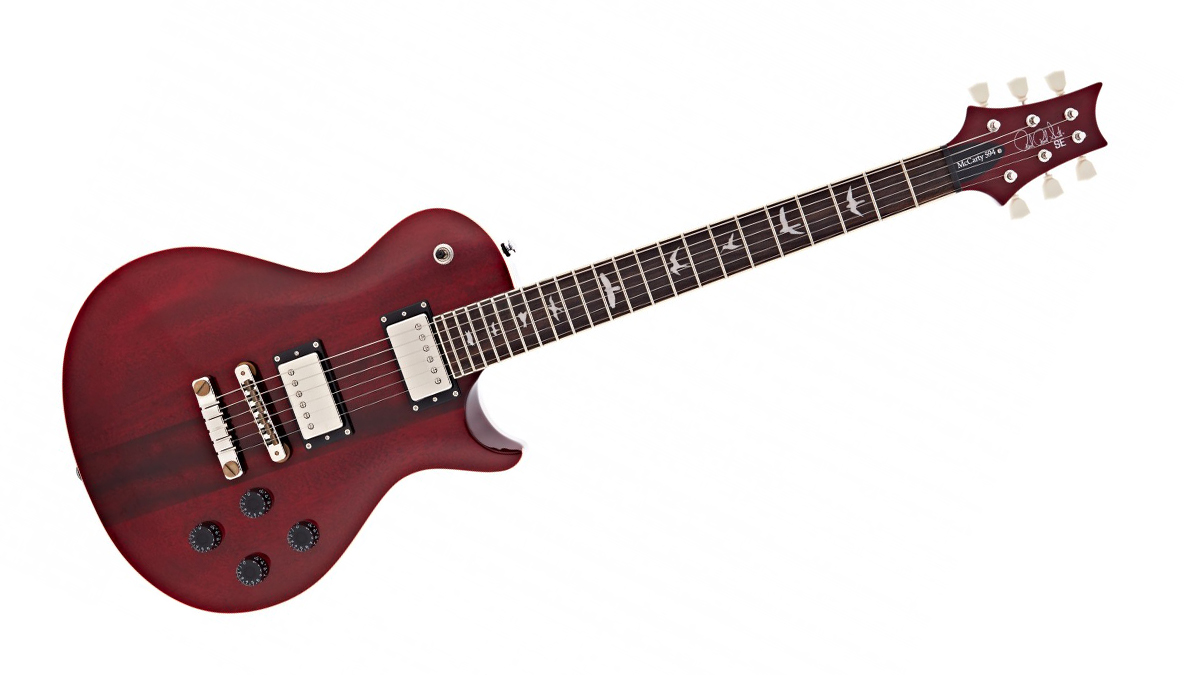
9. PRS SE Standard McCarty 594 Singlecut
Our expert review:
Specifications
Reasons to buy
Reasons to avoid
This is a good choice for players that want a more vintage-inspired PRS. It obviously takes inspiration from ‘the other single cut’, but you still get the crisp articulation, high definition sound and superb playability that PRS are famed for.
With its 58/15 LT ’S’ pickups, you get a warm and relatively low output that makes them perfect for blues, rock and more. They’re super dynamic, and the mahogany body helps give it a really nice midrange. Each volume knob has push/pull functionality too, allowing for single-coil tones making this a really versatile guitar.
It’s a classic looking instrument, but you’ve got added PRS aesthetic to make it stand out. It also plays beautifully with its Pattern Vintage neck profile. With a modest price tag and great build quality, it’s hard not to love!
Best PRS Guitars: Buying Advice
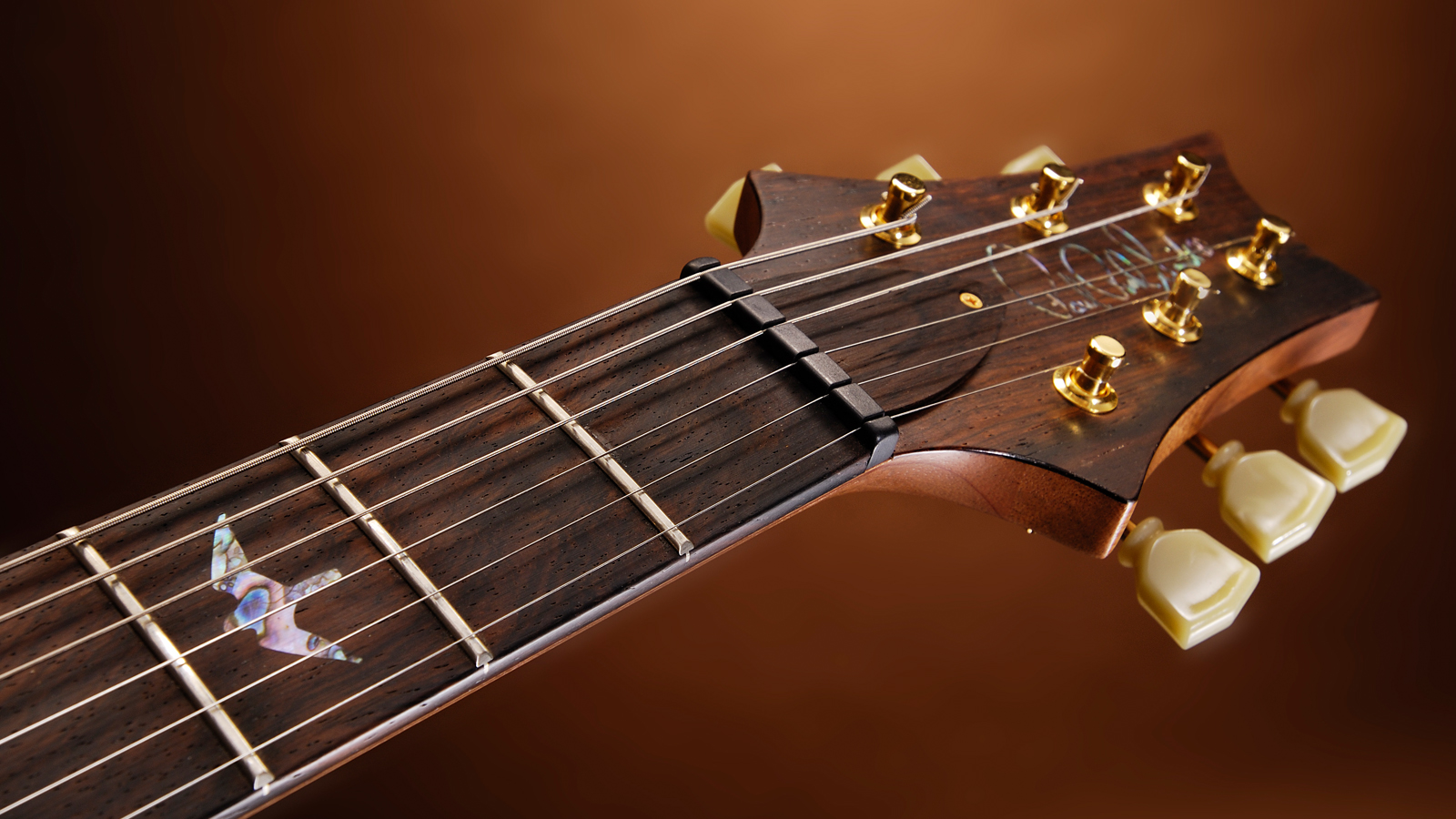
When Did PRS Start Making Guitars?
PRS officially started producing guitars in 1985, with their first official Custom model making its debut at that year's NAMM show. Before the company officially came to be, Paul would make guitars for himself and local musicians, selling them at shows. He would then go on to start selling to touring musicians at local venues. In an interview on the PRS website, Paul said, "I remember hanging out at the local concert arenas for six or seven hours before a show to make friends with the roadies. With a backstage pass in hand, I'd peddle my guitars to the stars. One night in ten, I'd make a sale". Well, this approach certainly worked as Paul managed to get his early guitars into the hands of Carlos Santana, Al Di Meola, and Howard Leese.
Today PRS are building guitars with state-of-the-art machines and pioneering techniques, leading them to be known as the gold standard for quality control.
Why Does PRS Have Birds On The Fretboard?
Each guitar brand has a signature. Gibson has the "open book" headstock, Fender has pastel colors, PRS has the bird inlays. You'd be forgiven for thinking that this was the result of tirelessly working on ideas to help the new brand stand out from the crowd. But, in reality, the ornate inlays happened somewhat by chance. Way back in 1976 - that's right, the birds pre-date the official launch of PRS - Paul was working on a guitar for Peter Frampton and just happened to pick birds for the inlays, and well, the rest is history.
In case you were wondering, the birds featured on the fretboard are a peregrine falcon, marsh hawk, ruby-throated hummingbird, common tern, coopers hawk, kite, sparrow, storm petrel, hawk landing, and a screech owl on a branch.
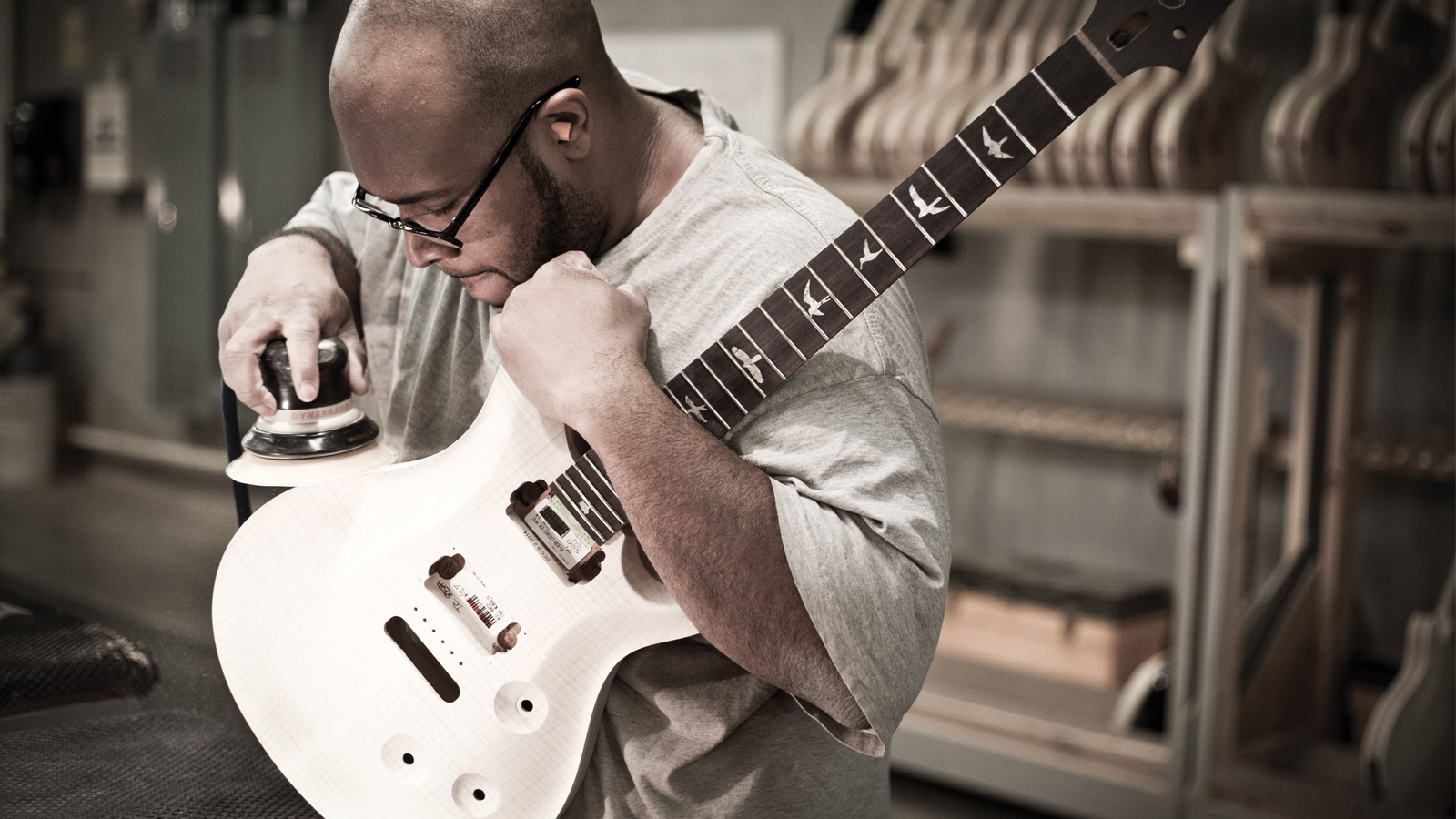
What Is The Best PRS Guitar For Me?
PRS guitars can be broken down into five categories - Core, Bolt-On, S2 Series, SE Series, and Private Stock. So let's take a quick look at what each of these series has to offer.
Their SE range is made in Indonesia by a specially trained workforce. These guitars are cheaper, but they’re still built to a great quality and produce some incredible tones. The wood and components won’t be quite as premium as the more expensive models, which helps keep the price down.
Within the SE range, you’ll also see Standard models - these tend to be even more affordable as they strip away many aesthetic finishes, leaving a simpler, but fully functional and great-sounding guitar.
The PRS S2 range is made in America but uses cheaper, non-US-made parts, like the pickups. So, you get US craftsmanship, but you’re still able to get excellent value for money. The S2s tend to be really good workhorse guitars as they sound and play great and can withstand life on the road.
The Core lineup is where you'll find the guitars that are at the heart of PRS. With models such as the Custom 24, McCarty, and Signature series, these genuinely stunning instruments can be thought of as the quintessential guitars that make PRS the company it is. These guitars are manufactured in the main PRS facility in Stevensville, Maryland.
Lastly, we have the private stock instruments. This is where you'll find the most exotic offerings from PRS. From the heaviest flamed tops to insane eye-catching finishes, these are the crème de la crème of PRS guitars - and well… the price reflects that. You have the option to customize your dream axe or pick up a great guitar that's already put together by one of the master luthiers.
Does PRS make acoustic guitars?
When it comes to his electric guitars, Paul Reed Smith is regarded as more than just a perfectionist, his driven character demands that he always goes one better. Nothing escapes his scrutiny – design, development, quality, aesthetics, tone, and playability are all up for improvement.
So, it’s hardly surprising that when, around a decade ago, he finally got around to adding acoustic guitars to the PRS catalog he dismissed conventional bracing systems for something more innovative. Something better. Something very Paul Reed Smith.
Inspired by an old Torres nylon-string acoustic he developed a hybrid X/Classical bracing system that enabled the top to resonate as freely as possible. In addition, he locked the back and sides down so that, acoustically at least, they resembled a speaker cabinet that would provide enviable levels of projection. The result is a guitar that sings with both clarity and power.
Just like the PRS electrics, Paul’s acoustics fall into different levels of build but there are currently only two: Private Stock Acoustics and SE Acoustics. As before, Private Stock is PRS’ custom stock output, dream guitars made by artisan luthiers that demand sky-high prices. The SE range is built overseas and represents fantastic value for money, just like its namesake in the electric line.
PRS currently builds only three acoustic body styles. The Angelus is a mid-sized cutaway that probably best exemplifies the benefits of Paul’s hybrid X/Classical bracing system. It’s available in a variety of different tonewoods but all are voiced to boast sparkly highs, a sweet mid-range, and a low end that’s full of warmth and clarity. The Angelus is an amazing guitar for fingerstyle but has plenty of projection for flatpicking and loud strumming styles too. It’s a fantastic do-it-all guitar.
PRS’ Tonare models are modestly sized jumbo-shaped guitars that offer more volume and midrange. Primarily, they’re designed for strumming and flatpicking but can still sound pretty sweet in the hands of a good fingerpicker.
Finally, the brand’s parlor range takes the Tonare body shape and shrinks it. The result is a small guitar with much more depth and projection than you’d expect.
How we choose products
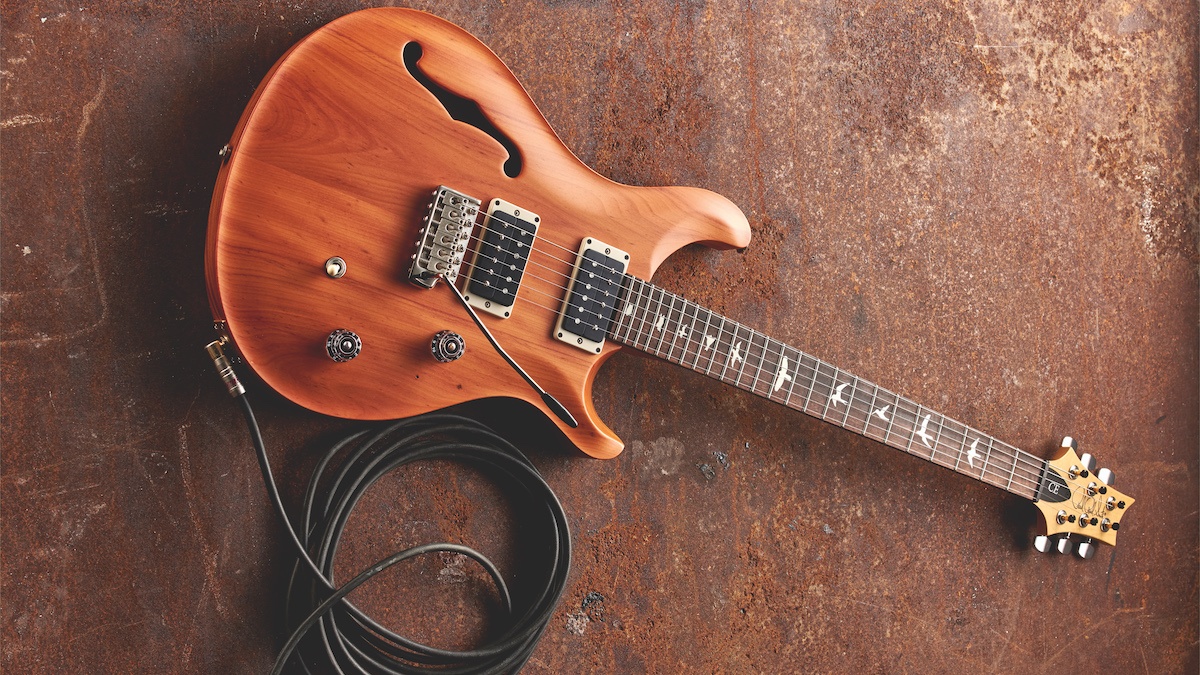
At Guitar Player, we live and breathe everything guitar related. It's our passion and we certainly hope this passion comes through in our buyer's guides. Everyone at Guitar Player is an expert in their field and we draw on this knowledge and experience when selecting the products for our guides.
When choosing what we believe to be the best PRS guitars available right now, we combine our hands-on experience, user reviews and testimonies and engage in lengthy discussions with our editorial colleagues to reach a consensus about the top products in any given category.
When making our lists, we pay careful consideration to everything from budget to feature set, playability and durability to come up with an accurate representation of the best electric guitars available right now.
Read more on how we test gear and services at Guitar Player.
Related buying guides
You can trust Guitar Player.
- Check out the best Martin guitars
- On a budget? Here's our list of the best electrics under $1,000
- These are the best acoustic guitar strings
- Plug in with one of the best guitar cables
- Get the best of both worlds with the best acoustic electric guitars
- Freshen up your tone with the best electric guitar strings
- Want an affordable amp? Well, here are the best guitar amps under $1,000
Get The Pick Newsletter
All the latest guitar news, interviews, lessons, reviews, deals and more, direct to your inbox!
First and foremost, I'm a guitar enthusiast – a fanatic, some might say. I'm a firm believer that most of the world's problems can be solved with a Gibson SG and a catastrophically loud amp. Before writing about guitars for a living as a Senior Deals Writer on Guitar Player, I worked in music retail for 7 years, giving advice on guitars, basses, drums, pianos, and PA systems. I also have a passion for live sound; I'm a fully qualified sound engineer with experience working in various venues in Scotland.
"It's a powerful, versatile variation on the timeless Telecaster, with a vital back story to boot." We review the Fender Stories Collection Mike Campbell Red Dog Telecaster
"We tried every guitar for weeks, and nothing would fit. And then, one day, we pulled this out." Mike Campbell on his "Red Dog" Telecaster, the guitar behind Tom Petty & the Heartbreakers' "Refugee" and the focus of two new Fender tribute models
